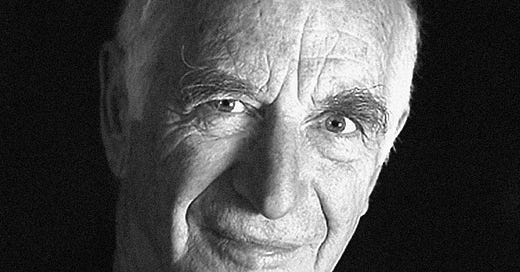Old is one of the deepest sources of pleasure humans know. Part of the misery of disasters like floods and fires is the irrecoverable loss of the old, just as one of the causes of suburban subdivision depression — and aging and death — is the similar loss of the old, exchanged for a brand-new house and yard.
“Old” is itself a very old word, supposedly deriving from an Indo-European root that means “to nourish.” Tracing the word into Gothic, Old Norse, and Old English, we find that something “old” is fully nourished, grown up, matured.
The world nourishes when we feel its oldness. The human soul cannot draw very much from the New World of discoveries or from futurism’s Brave New World, which makes nothing that lasts and whose swiftly obsolescent generations are far shorter than those humans enjoy. Not those worlds, but this old, old world; the very word “world” was once spelled wereald, weorold: this nourishing place, so full of eald.
It is as if “old” were hidden inside “world” much as the Gnostics’ Sophia and the Kabbalists’ Shekhinah were the soul concealed within the created world. Sophia and Shekhinah are figures of ageless wisdom, the intelligence of soul abiding in all things. As the soul of the world is an old soul, we cannot understand soul without a sense of old, or old without a sense of soul.




